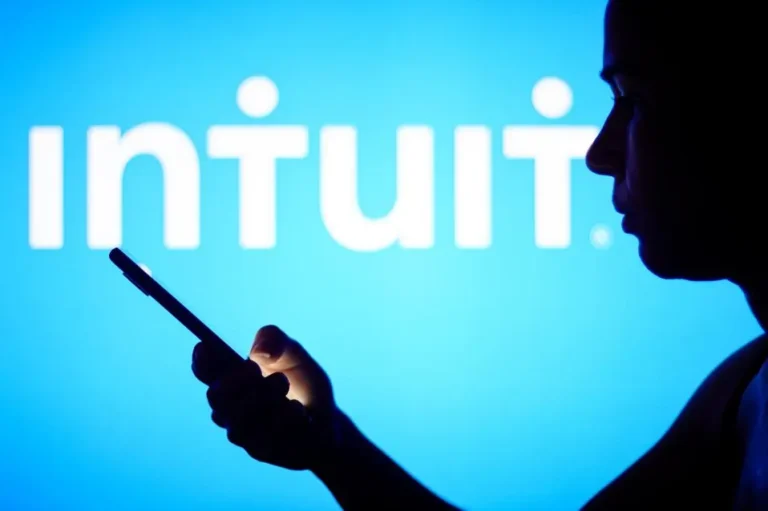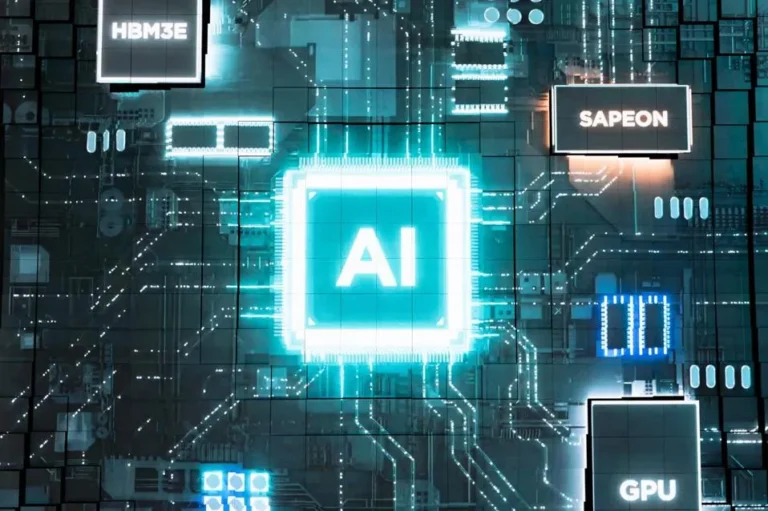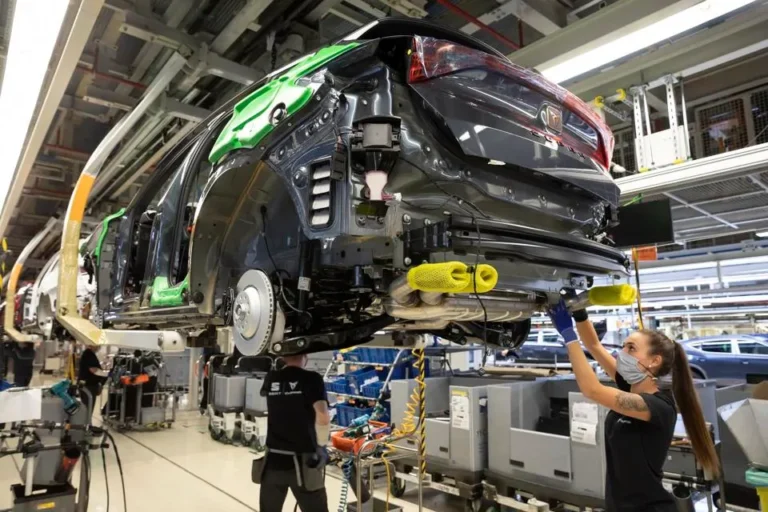Dean DeBiase is a best-selling author and Forbes Contributor reporting on how global leaders and CEOs are rebooting everything from growth, innovation, and technology to talent, culture, competitiveness, and governance across industries and societies.

Tech Leaders Learning From Female Founders Disrupting $750 Billion Industry

By Dean DeBiase
June 27th, 2024
What can technology leaders learn from the cosmetics industry, which has experienced exponential growth and is projected to be become a $758 billion market by 2032?
With growth driven by a wide range of consumer preferences and trends—that are also accelerating investments in everything from new products and formulations to technologies and services—there are some good lessons to unpack here.
The expanding sector is also benefiting from the growing use of personalization, AI/AR technology, and the popularity of social media channels such as Instagram and YouTube. These platforms are not only highly influential among certain demographic groups, but they have also created demand for beauty products and are filling a gap between the brands and consumers.
Today, social media is more than influencers engaging their audience while trying on or promoting cosmetics—with social commerce, it is now possible to purchase directly on platforms like TikTok, primarily through live sales. This social growth is being accelerated by a significant societal shift towards prioritizing self-care and using products to maintain health and look your best.
Celebrity Backed Companies
Celebrities and the beauty industry have been ubiquitously tied together for generations. In recent years, however, celebrities have not been merely endorsing or becoming the face of the brand—they’re now working on their own beauty brands.
Christie Brinkley, the international superstar and seemingly ageless beauty, served as a brand ambassador after being introduced to SBLA Beauty by a friend during the pandemic; Selena Gomez teamed up with Rare Beauty; Scarlett Johansson with The Outset; and Michelle Pfeiffer with fragrance brand Henry Rose.
Non-Invasive Tech. Enabled Treatment Solutions
With trending conversations and dialogue around self-care, skincare is projected to be a $186 billion market by 2028, fueled by consumers’ desire to maintain their youthful appearances. As self-care and influencer culture grew, a more conscious consumer began seeking products to help with skin issues, like serums to help tighten facial muscles and reduce the signs of aging. With this growth and Gen-Z’s dominant market presence, one sector seemed to be left behind—skincare for mature women that specifically addressed their needs.
Shinder started SBLA to go after that white space, with targeted technology and formulations that smooth, boost collagen production, and evens skin tone on trouble areas for mature women. Its first product, The Neck, Chin and Jaw Wand, specifically addresses sun damage, boosts collagen, reduces wrinkles, and tightens the skin. It has attracted over 700,000 users to date. Since then, product extensions, include Liquid Facelift Wand, and a patented Eye Lift Wand—a hit that they can’t seem to keep in stock.
The Continued Rise Of Science Backed Transparency
According to Skincare News, the growth of science-backed beauty, particularly the skincare sector, is driven by consumer demand for evidence-based products backed by scientific studies and specific formulations. When developing SBLA, Shinder discovered that for her to corner such an underserved market, each step would need to be done correctly by consumers to ensure real results.
“I believe that consumers are very savvy, savvier today than when I entered the industry over 20 years ago. We like to be very transparent about our science because a brand should be empowering and explain the science and tools to help age a bit more beautifully at home,” said Shinder.
To execute, she tapped a senior team of cosmetic chemists within the beauty industry to formulate its first hero product, The Original Neck, Chin & Jawline Sculpting Wand. They discovered and created a Bio-Mimicking or copycat technology, that enables the wand to replicate how skin behaves in its prime. Who doesn’t want their prime?
“Backed by scientists at Columbia University, our devices are targeted technology that affects the specific area customers wish to address through our anti-microbial wands that dispense the exact amount of product to meet the claims,” said Shinder. The Original Neck Wand, our first product, uses a macro sphere technology, which creates an invisible layer on the skin that you can’t necessarily feel, but is tricking your skin into behaving the way it did in its prime through skin matching or bio-mimicking. In studies, within 17 days, it helps replace some of the lost collagen in the neckline and tightens the skin, which decreases naturally with age.”
Raising The Bar For Informed Consumer Expectations
As consumers are more vigilant about the products they eat, drink and apply, they have grown increasingly skeptical about whether products and their claims are true. When developing SBLA, Shinder became hyper-vigilant, wanting to provide more chemist-formulated, science-backed solutions that could produce results. More educated consumers are demanding proof through clinical studies executed by independent research groups. Upon completion of its independent, third-party clinical study, SBLA tested a group of women ages 40-65 over two weeks who used the product each day for 15 minutes. Some of the data I observed seems positive with the subjects reporting significant improvements:
- 96% demonstrated improvement in deep wrinkles in neck area
- 95% showed improvement in crepy skin and skin laxity
- 92% demonstrated improvement in the appearance of fine lines
SBLA’s pairing of industry-leading chemists with third-party testing to empower consumers is becoming the standard rather than the exception. Smart founders are becoming more vigilant about these “show me the proof’ trends. For example, in an interview with Beauty Independent at the end of last year, K18 Biomimetic Hairscience and Aquis Co-Founder Suveen Sahib said, “Brands harnessing the power of science and biotechnology owe consumers deeper educational context,” before adding, “Upping the information game is more than just smart branding, it’s a responsibility to make science accessible in beauty and personal care.”
Even amid fears of an economic downturn, empowered, educated consumers still don’t seem to be cutting back much in these growth categories. According to research firm Circana, the prestige skincare space grew by 11 percent in the first half of 2023 and outperformed the market. With age-defying, scientifically backed skincare dominating social media, it seems this trend is not slowing down anytime soon.
Personalization has the ability to make products, technology and services even more targeted and potentially effective, like Curology, the first personalized prescription skincare company in the industry. With over 90% of skincare still non-personalized at the product level, more custom solutions could take the category to a whole new level in the next five years.
Beyond celebrities and brand hype, the bar has been raised for smarter science backed products and the blending of targeted beauty and technology that works. This perfect trend-storm will continue to provide great opportunities for the next-generation of female founders—from inception to exit.






